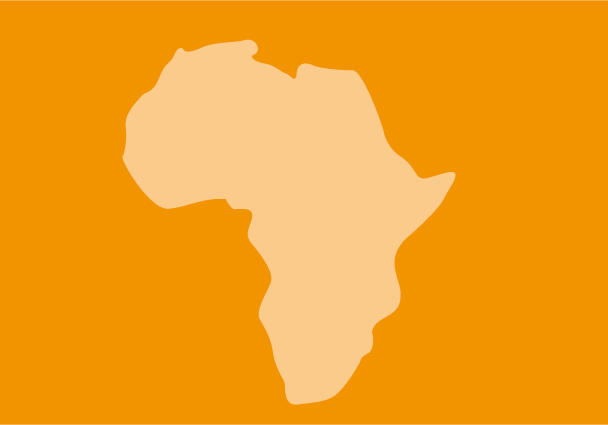On July 27, 1960, the ICJ requested the intervention of Dr. Salazar, Prime Minister of Portugal, to enable Dr. da Palma Carlos, a Lisbon lawyer, to go to Luanda, Angola.
Dr da Palma had to defend some of the accused on trial for distributing a desitious pamphlet. A press release of that date reproduced the text of cables sent by the Secretary-General of the Commission to Dr. Salazar and to the Governor-General of Angola who was requested to adjourn the trial until the arrival of Dr. da Palma Carlos. Dr. da Palma Carlos was not permitted to leave, and no answer to these requests was received. Application was made in Brazil on behalf of a distinguished Brazilian lawyer, Dr. Antonio Alberto Saboia Lima, for permission to attend the trials as an observer of the International Commission of Jurists. On August 11 the Portuguese Embassy in Brazil refused this request as an insult to Portuguese justice.
The trial proceeded in Luanda in the absence of a leading defence lawyer and of an observer of the International Commission of Jurists. Seven Europeans have already been sentenced to varying terms of imprisonment, preventive detention and loss of civil rights. About fifty Africans are still awaiting trial. In addition to those awaiting trial several people have been deported without trial and held in custody without charges being preferred.
The International Commission of Jurists therefore protested to the Prime Minister of Portugal in a letter by the Secretary-General despatched on September 6. After stating the pertinent facts, the letter concluded:
“All these facts lead me to express to Your Excellency the deep concern of the International Commission of Jurists over the regrettable and serious violation of the right of every accused to counsel of his own choice. The Commission is further much surprised that its request to permit the presence at the trial of a highly qualified observer has been denied. This refusal puts in jeopardy a fundamental legal principle, namely the requirement of an open and public administration of justice which presupposes the freedom to attend such trials for all who wish to do so. We regret sincerely that Your Excellency’s Government felt unable to follow this practice in the political trials held overseas.
I would highly, appreciate if Your Excellency could kindly reconsider these various decisions in order to grant the requests submitted by the International Commission of Jurists, a body whose political neutrality and objectivity are well known”.
The International Commission of Jurists is a non-governmental and non-political organization which has Consultative status, Category “B”, with the Economic and Social Council of the United Nations. It draws its support from judges, law teachers, practitioners of law and other members of the legal community and their associations. Its main objective is – through practical action – to clarify, promote and defend the Rule of Law, to strengthen the legal procedures and institutions associated therewith in those countries where the Rule of Law is already established and to obtain its acceptance wherever it is denied. Among its current undertakings is the preparation of a report on legal aspects of the situation in South Africa. The report of its Legal Inquiry Committee on Tibet was recently published. The Commission is also engaged at the present time in investigating matters concerning the administration of justice and more generally the question of violation of human rights in Angola (Portuguese Africa), and the Dominican Republic.





